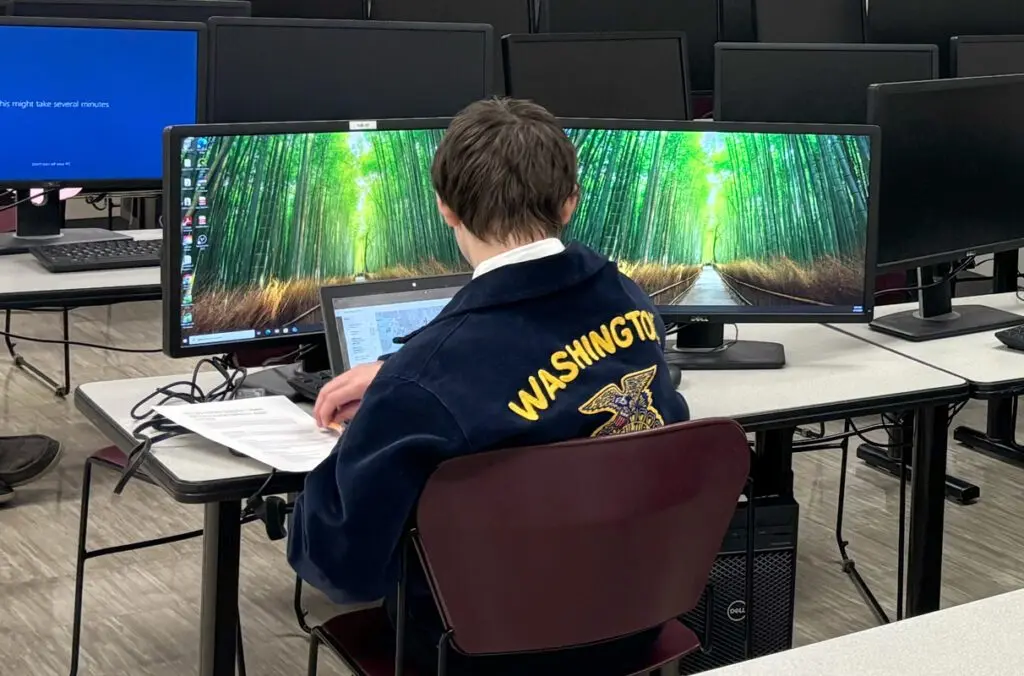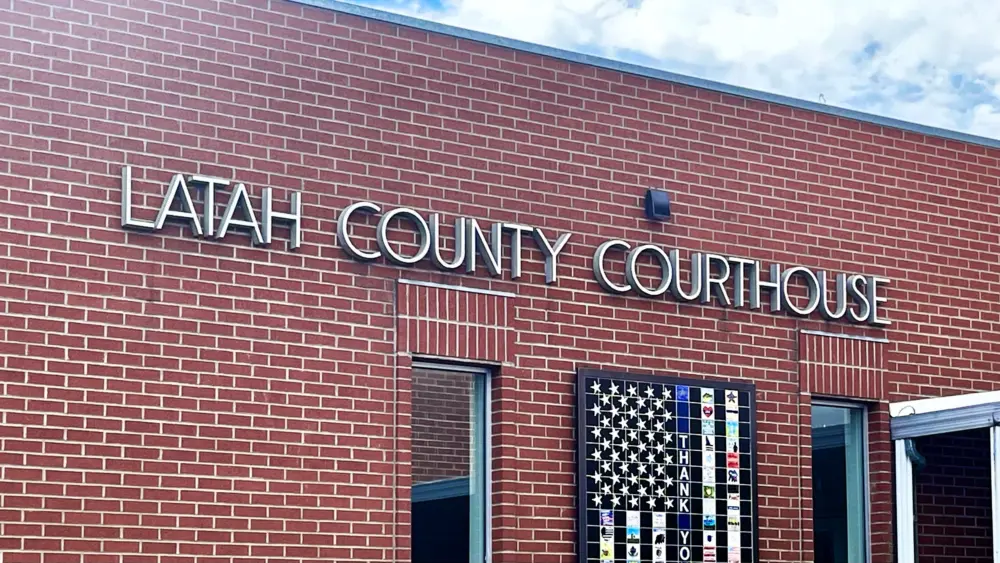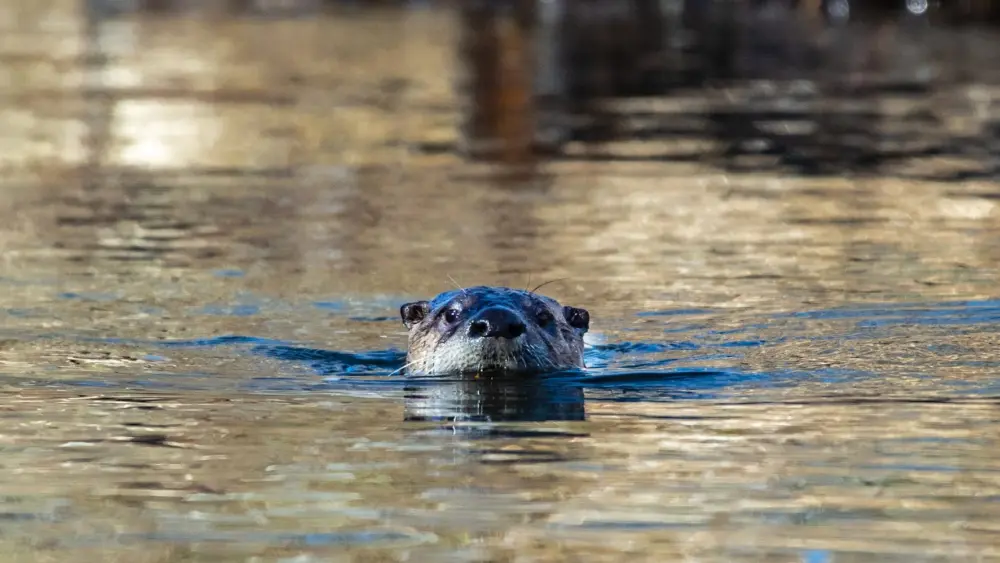PULLMAN, WA – Students at the 95th annual Washington Future Farmers of America State Convention and Expo held earlier this month on the Washington State University campus learned about computer science, robotics, and technological tools shaping the future of farming.
Around 3,000 FFA members and guests from across Washington state gathered to learn about careers in the agriculture industry, compete in career and leadership development events at the state level, and shape the future of the Washington FFA Association. The theme of this year’s event was Start Livin.’
This year’s inaugural agricultural innovations event was created through a collaboration between the Washington FFA, Microsoft’s Farm Beats program, WSU’s AI Institute for Transforming Workforce and Decision Support (AgAID), and Lynden High School agriculture teacher John Grubbs.
Students were tasked with programming robots to simulate moving orchard bins; using the software tool, Farm Beats, to analyze data; programming drones to complete an obstacle course, conducting data analysis using ArcGIS, completing a computer science test and answering questions in front of a panel of judges.
Many of the students came from FFA programs with little prior experience in computer science or robotics, making the competition a learning experience and a chance to explore potential career paths.
Many of the students came from FFA programs with little prior experience in computer science or robotics, making the competition a learning experience and a chance to explore potential career paths. A team from Lynden Christian High School took the top prize among 12 teams that competed in the career development event.
“Bringing in something new and contemporary is a cool way to get these kids who already have a lot of agricultural experience a chance to diversify their knowledge,” said Jordan Jobe, AgAID’s manager. “It’s an opportunity for kids who are interested in technology, like drones or computers, to experience FFA while also doing something more high tech.”
AgAID is a multi-institutional research institute that aims to develop AI solutions for agriculture particularly in the areas of labor, water, weather, and climate change. The institute began in 2021 with a $20 million federal grant from the U.S. Department of Agriculture-National Institute of Food and Agriculture and the National Science Foundation.
“Students and their teachers were highly enthusiastic about having this opportunity, and the collaboration is looking forward to next year’s competition!” said Jobe.





